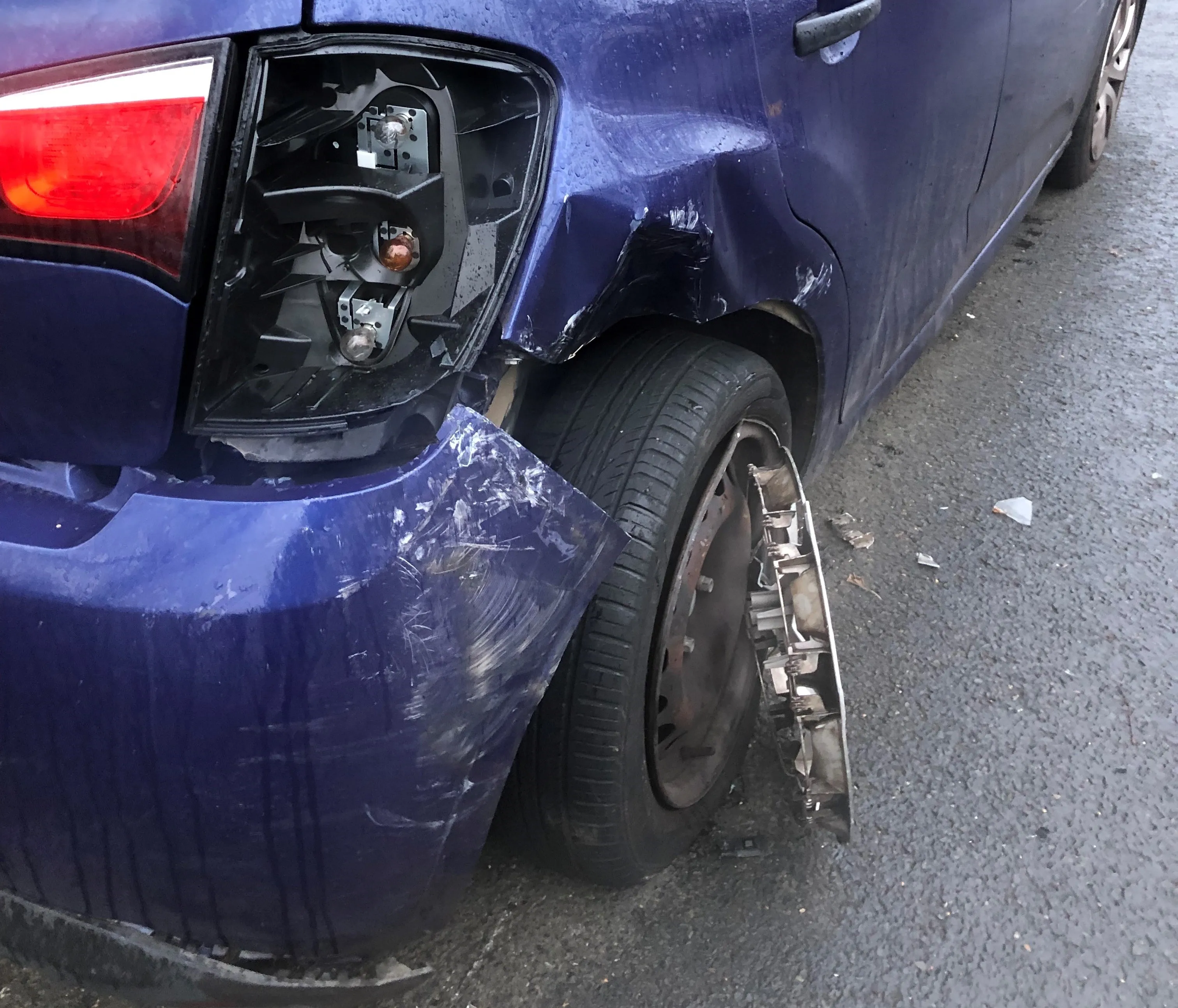
A new collaboration for road safety is expected to deliver reduced crashes and casualties in parts of Asia. A new collaboration between UNESCAP, iRAP, EASST and the International Road Federation (IRF) is reviewing and improving local road geometrical design standards for safer and more inclusive roads across Central Asia. This has been achieved with a workshop in Tashkent, Uzbekistan. The event also marked the launch of a new suite of road safety design guidance for road infrastructure designers across Kyrgyzstan, Tajikistan and Uzbekistan.
The new resource package includes a full project report of approach and methodology, including details of existing GOST-SNiP design standards in each country. It provides the results of iRAP star rating assessments at standard cross sections in the region.
The guidance has been developed in close cooperation with national stakeholders and with input from the Asian Development Bank (ADB), European Bank for Reconstruction and Development (EBRD) and European Investment Bank (EIB) – with financial support provided by the United Nations Road Safety Fund (UNRSF). The aim of these resources is not to replace existing standards but to supplement them and offer valuable guidance to road engineers and other stakeholders on how to incorporate evidence-based safety measures derived from international best practice into future road projects.
In particular, the guidance emphasises the importance of early intervention into the project planning process, especially during feasibility studies, to reduce the risks that can lead to serious crashes, injuries, and deaths. It promotes a Safe System Approach, which recognises that road users, as human beings, can make mistakes, and that those mistakes should not cost lives or result in serious injury. The approach calls for road design that mitigates risk, especially for vulnerable road users such as pedestrians, cyclists, and children.
Safe road design is not only lifesaving but also cost-effective. It helps to avoid the economic losses incurred by countries due to road crashes with early intervention also serving as a mechanism to avoid costly mistakes in the road development process. The guidance for each country covers key areas including: a review of existing national standards; practical design solutions based on road safety design principles such as lower speeds and forgiving infrastructure; detailed guidance on specific design elements and the role they play in mitigating risk; and why consultation and stakeholder engagement is a vital part of the design process.
By implementing and updating national road design standards in line with international standards such as the UN Global Plan for the Decade of Action for Road Safety 2021-2030 and CAREC’s Safely Connected: A Regional Road Safety Strategy, our aim is to minimise road traffic fatalities and injuries through safer road infrastructure. And we hope that the pilots in Kyrgyzstan, Tajikistan and Uzbekistan that have been a focus of this project will scale up to have CAREC-wide implications.








